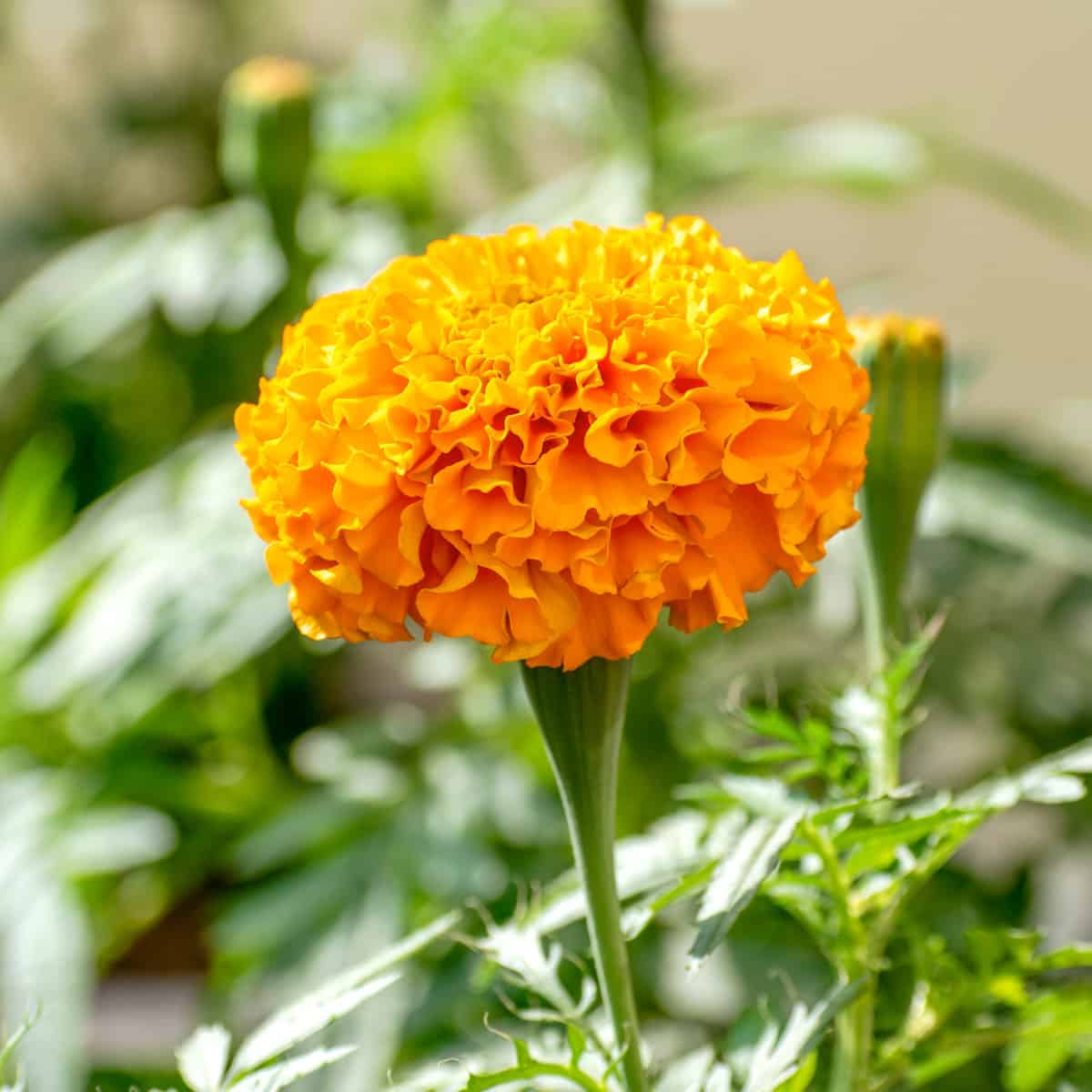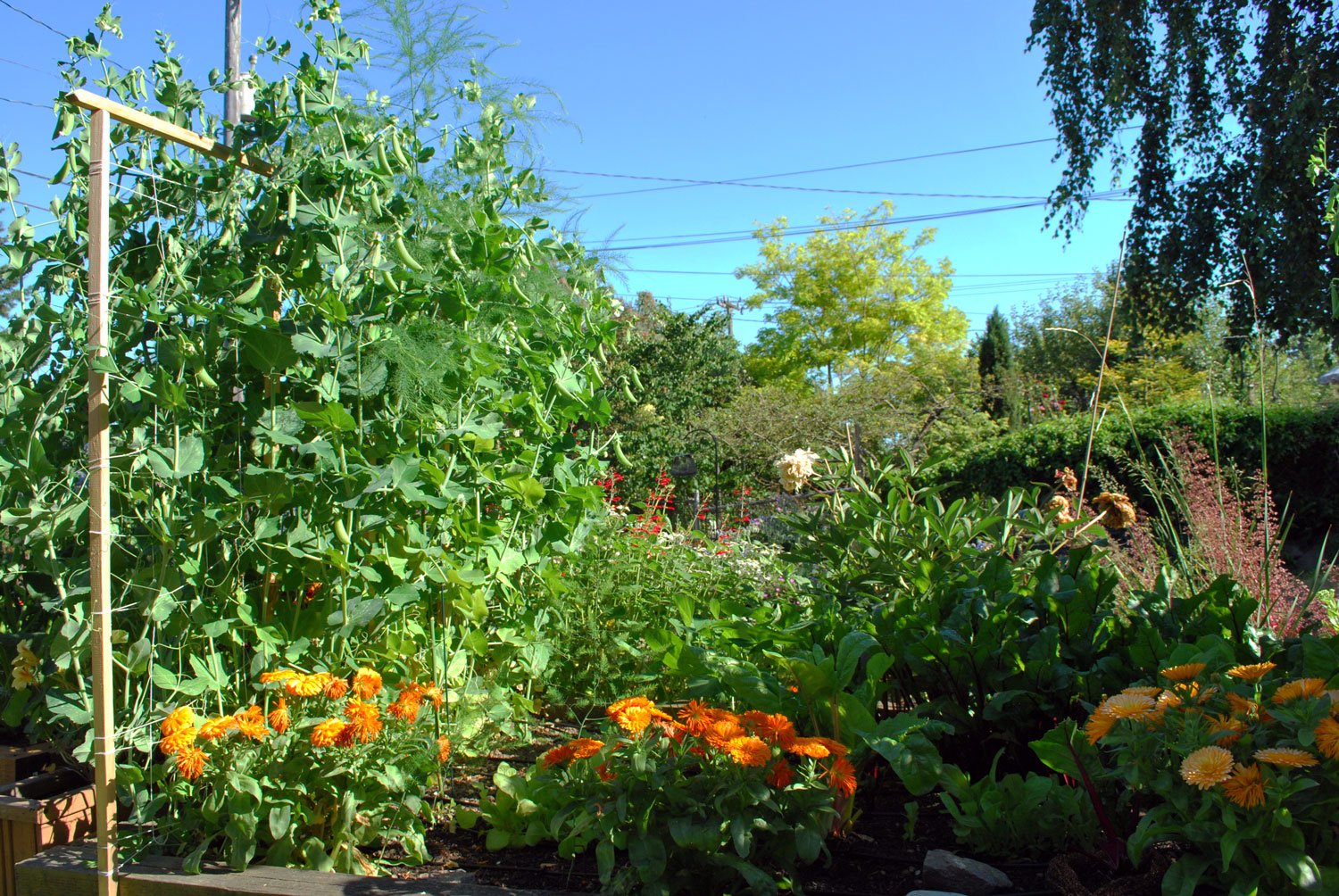The Ultimate Guide To Nightshade Companion Planting
The Ultimate Guide to Nightshade Companion Planting
Nightshades are a family of plants that includes tomatoes, potatoes, eggplant, and peppers. These plants are all popular in the garden, but they can also be susceptible to pests and diseases. Companion planting is a great way to help protect your nightshades from these problems.
In this guide, we will discuss the benefits of companion planting, as well as some of the best plants to grow with nightshades. We will also cover some of the plants that you should avoid planting near nightshades.
Benefits of Companion Planting
There are many benefits to companion planting, including:
- Reduced pest and disease problems. Companion plants can help to attract beneficial insects that prey on pests, or they can release chemicals that deter pests. They can also help to suppress soil-borne diseases.
- Improved pollination. Some companion plants can help to attract pollinators, such as bees and butterflies. This can help to improve the pollination of your nightshades, resulting in larger yields.
- Improved soil health. Companion plants can help to improve the soil structure and fertility. They can also help to suppress weeds.
- Increased biodiversity. Companion planting can help to increase the biodiversity of your garden. This can make your garden more resilient to pests and diseases, and it can also attract a wider variety of wildlife.
Best Companion Plants for Nightshades
Some of the best companion plants for nightshades include:
- Basil. Basil is a classic companion plant for tomatoes. It helps to repel pests, such as aphids and whiteflies. It also helps to improve the flavor of tomatoes.
- Marigolds. Marigolds are another great companion plant for tomatoes. They help to repel nematodes, which can be a problem for tomatoes. They also help to attract pollinators.
- Onions and garlic. Onions and garlic can help to repel pests, such as aphids, spider mites, and cucumber beetles. They also help to improve the flavor of tomatoes.
- Cucumbers. Cucumbers can help to suppress powdery mildew, which can be a problem for tomatoes. They also help to attract pollinators.
- Peas. Peas can help to fix nitrogen in the soil, which can benefit tomatoes. They also help to attract pollinators.
- Sunflowers. Sunflowers can help to attract pollinators, such as bees and butterflies. They also help to shade the soil, which can help to suppress weeds.
Plants to Avoid Planting Near Nightshades
There are a few plants that you should avoid planting near nightshades, including:
- Potatoes. Potatoes are susceptible to the same diseases as tomatoes, so it is best to avoid planting them near each other.
- Eggplant. Eggplant is also susceptible to the same diseases as tomatoes, so it is best to avoid planting it near each other.
- Cabbage family plants. Cabbage family plants, such as broccoli, cauliflower, and Brussels sprouts, can inhibit the growth of nightshades.
- Dill. Dill can stunt the growth of tomato plants.
- Rosemary. Rosemary can deplete the soil of nutrients that are needed by nightshades.
Conclusion
Companion planting is a great way to help protect your nightshades from pests and diseases, and to improve their overall health. By planting the right companion plants, you can boost your yields and create a more productive and attractive garden.
Nightshades are a family of plants that includes tomatoes, peppers, eggplant, and potatoes. These plants are all susceptible to a variety of pests and diseases, so it's important to plant them with companion plants that can help to deter pests and promote healthy growth.
Some good companion plants for nightshades include:
- Basil: Basil helps to repel tomato hornworms and other pests.
- Marigolds: Marigolds attract beneficial insects that help to control pests.
- Chives: Chives help to improve the flavor of tomatoes and peppers.
- Beans: Beans fix nitrogen in the soil, which benefits nightshades.
- Lettuce: Lettuce helps to suppress weeds.
For more information about nightshade companion plants, I recommend visiting Gardenia Inspiration. This website has a comprehensive list of companion plants for nightshades, as well as information about the benefits of companion planting.
FAQ of nightshade companion plants
Q: What are some good companion plants for nightshades?
A: Nightshades are a diverse group of plants, so there are many different companion plants that can be beneficial. Some good options include:
- Marigolds: Marigolds help to repel pests, such as beetles and nematodes.
- Beans: Beans fix nitrogen in the soil, which can benefit nightshades.
- Cucumbers: Cucumbers help to deter aphids and other pests.
- Onions: Onions help to repel root-knot nematodes.
- Garlic: Garlic helps to repel pests and diseases.
Q: What are some bad companion plants for nightshades?
A: There are a few plants that should not be planted near nightshades, as they can compete for resources or harbor pests. These include:
- Potatoes: Potatoes are related to nightshades, and they can cross-pollinate. This can lead to plants with undesirable traits.
- Eggplants: Eggplants are also related to nightshades, and they can compete for resources.
- Tomatoes: Tomatoes are a good companion plant for some nightshades, but they can compete for resources with others.
- Cabbage: Cabbage can harbor pests that can also attack nightshades.
- Peas: Peas can compete for nitrogen with nightshades.
Q: How do I take care of nightshade companion plants?
A: The care requirements for nightshade companion plants will vary depending on the specific plants involved. However, some general tips include:
- Plant the companion plants in a sunny location with well-drained soil.
- Water the plants regularly, especially during hot, dry weather.
- Fertilize the plants every few months with a balanced fertilizer.
- Mulch around the plants to help retain moisture and suppress weeds.
- Monitor the plants for pests and diseases, and take steps to control them as needed.
Q: What are the benefits of planting nightshade companion plants?
A: There are many benefits to planting nightshade companion plants. Some of these benefits include:
- Increased yields: Companion plants can help to increase the yields of nightshades.
- Improved pest control: Companion plants can help to repel pests and diseases.
- Enhanced pollination: Companion plants can help to improve pollination of nightshades.
- Improved soil health: Companion plants can help to improve the health of the soil, which can benefit nightshades.
Q: Where can I find more information about nightshade companion plants?
A: There are many resources available to learn more about nightshade companion plants. Some good resources include:
- The Vegetable Garden Bible: This book by Edward C. Smith provides comprehensive information on growing vegetables, including nightshades and their companion plants.
- The Gardener's Companion: This book by Rosalind Creasy provides a wealth of information on companion planting, including information on nightshades.
- The Nightshade Family: This website by the University of California, Davis provides information on the nightshade family of plants, including information on companion planting.
Image of nightshade companion plants
5 different images of "nightshade companion plants" from Pinterest:
- Marigolds: Marigolds are a great companion plant for nightshades because they help to repel pests. They also attract pollinators, which can help to improve the yield of your nightshade plants.

- Nasturtiums: Nasturtiums are another good companion plant for nightshades. They help to deter pests, such as aphids and whiteflies. They also add a splash of color to your garden.

- Chives: Chives are a good companion plant for nightshades because they help to improve the flavor of the nightshade fruits. They also help to repel pests, such as spider mites.
- Beans: Beans are a good companion plant for nightshades because they help to fix nitrogen in the soil. This can help to improve the growth of your nightshade plants.

- Peas: Peas are another good companion plant for nightshades. They help to fix nitrogen in the soil, just like beans. They also help to deter pests, such as aphids.

Post a Comment for "The Ultimate Guide To Nightshade Companion Planting"